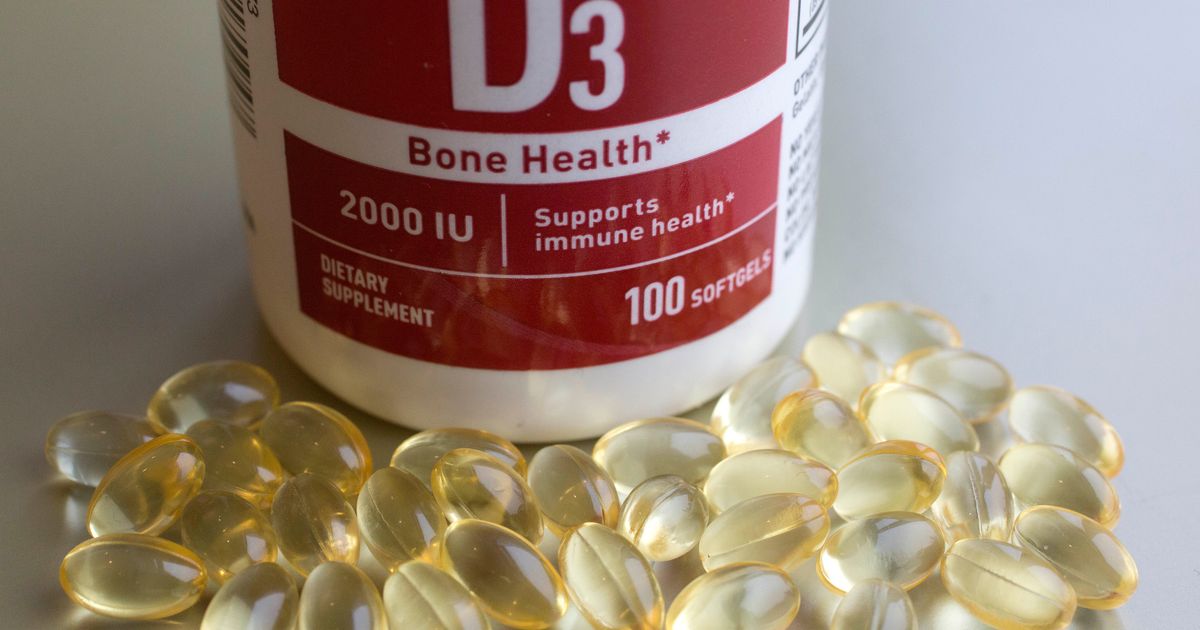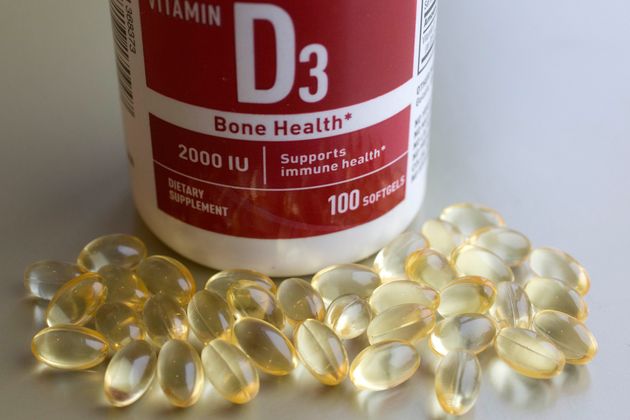
The NHS recommends all adults in the UK consider taking a vitamin D supplement until at least March.
That’s because the vitamin, which is usually produced by our bodies when we expose our skin to sunlight, can be hard for us to make during gloomy winter. A vitamin C deficiency can cause muscle fatigue and may even be bad news for our teeth and bones.
Advertisement
Still, the health service warns us not to “take more than 100 micrograms (4,000 IU) of vitamin D a day as it could be harmful.”
In a recent TikTok, GP Dr Ahmed explained why.
What are the risks of taking too much vitamin D?
Per the doctor, the potential problem lies with calcium.
“Taking vitamin D at very high doses long-term is actually very dangerous,” he explained in the clip, “because it can cause hypercalcaemia.”
That means there’s too much calcium in your blood.
The issue with that is that “the excess calcium can deposit in your heart and your kidneys.” The Mayo Clinic says the condition can cause kidney stones and decrease bone density; it may also affect the heart and brain.
Advertisement
Most of the time, overdoing it on a vitamin isn’t going to cause you much harm, Dr Ahmed says. A lot of vitamins are water-soluble, so we just pee out the excess.
But vitamin D is a fat-soluble vitamin, meaning our bodies can’t get rid of excessive amounts.
The doctor agrees with the NHS ― “most people only need about 10 micrograms, which is 400 IU,” he said.
We hit the danger zone when we go ten times over that, or at 100 micrograms (4,000 IU) a day.
Though Dr Ahmed says “there are some people who need a much higher dose than this, these are patients who’ve got very low vitamin D on their blood tests.”
Advertisement
You can’t decide for yourself whether you need a higher amount than is recommended ― and the GP urges anyone on vitamin D to get their bloods checked every so often.
So ― should I skip vitamin D?
The GP says that the information isn’t meant to scare you away from taking vitamin D if you need it.
“I think it’s one of the best supplements you can take,” he shared.
Indeed the NHS says people who don’t go outside often, people whose skin is mostly covered when they do leave the house, those in care homes, and people with darker skin tones might benefit from taking the supplement year-round rather than just in winter.
Advertisement
“But you have to take it carefully and responsibly,” Dr Ahmed continued. In this case, that’s as simple as checking the measurements on the back of the packet.







